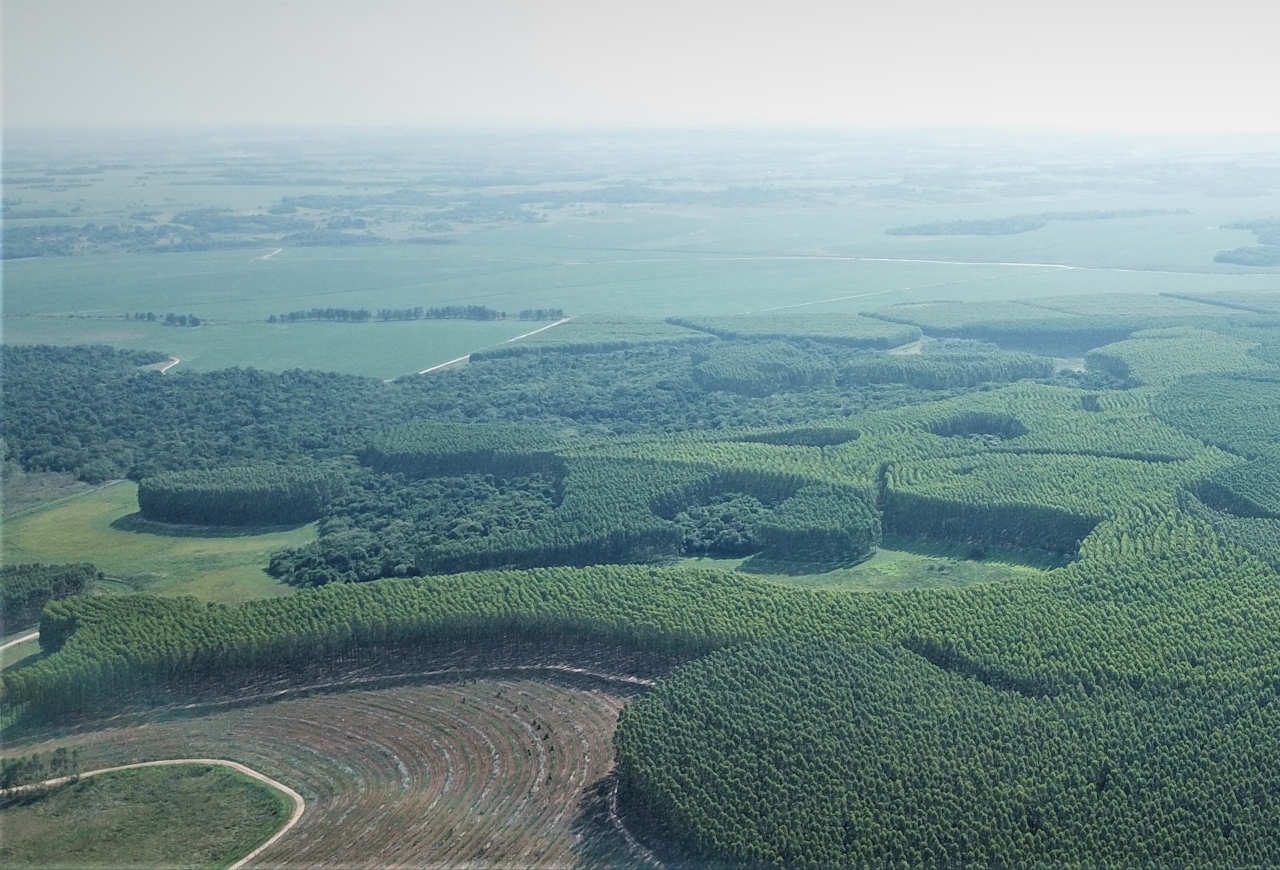The new fund is said to be one of the biggest and most diverse institutional capital pools ever assembled for investment in the South American country.

London-based Astarte Capital Partners, a real assets investment firm, and Stockholm-based forestry development and management company Silvipar said their inaugural Silvipar Astarte Impact Forestry Fund (SAIFF) closed at $325.3m (€305m). The fund, which attracted investors from over 25 countries across the world, had an original fundraising target of $200m.
The new fund plans to build up a portfolio of more than 80,000 hectares of land in Paraguay and plant around 60 million trees, creating 3,000 direct and 30,000 indirect jobs, both parties said.
The heavily oversubscribed close “reflects not only the confidence investors have placed in our vision but also their recognition for our strong commitments to environmental and social stewardship”, said Teresa Farmaki, co-founder and managing partner of Astarte Capital Partners.
Wildfires, poaching and cattle farming
A landlocked country located between Argentina, Bolivia, and Brazil, Paraguay has faced significant environmental challenges in recent years, particularly in the Paraguayan Chaco. This area makes up almost one-quarter of the vast Gran Chaco, which is South America’s second-largest forest.
The Paraguayan Chaco has one of the highest deforestation rates in the entire Gran Chaco, with half of the forest deemed to be at risk of being lost to soy farming and cattle ranching by 2030, according to World Land Trust. The area is also under threat from wildfires and poaching.
“In a world increasingly cognisant of the need for biodegradable and sustainable alternatives, wood emerges as the premier choice among biobased materials, poised to supplant conventional, fossil-based resources,” said Martin Forsen, chairman of Silvipar.
The fund’s portfolio is aimed at generating “strong financial returns” for investors “combined with carbon removal estimated in excess of 18 million tonnes of carbon sequestration”, both parties said.
SAIFF is further committed to permanently protect more than 25% of the land for conservation purposes. This will generate “significant ecosystem benefits including the creation of what is today the largest private grassland conservation park in Paraguay,” Astarte and Silvipar said.
Educational journey
In an interview with Impact Investor in February, Tony Dalwood, chief executive of Gresham House, said his firm, which specialises in alternative investments with a sustainable positive impact, “spends a lot of time educating its clients about how to best achieve their sustainability goals”.
Dalwood used forestry as an example, explaining it took London-based Gresham House “three or four years to educate clients on the benefits of forestry, from financial returns through to why it helps with carbon sequestration”.
A spokeswoman for Astarte and Silvipar said it had been “an educational journey to get people to invest”, in their new forestry impact fund. But she added “it was a diverse investor group, mainly big institutions with a climate/carbon/social impact mandate as a strand of their investment strategies.”
Forsen of Silvipar said that by sticking to the highest international sustainability standards in forest and land management they “are not only nurturing local communities and preserving the environment but also cultivating one of the most competitive and sustainable products on a global scale”.
Astarte Capital’s Farmaki hailed the launch of the new fund as “an important milestone for our team as well as a powerful example of how sustainable investments can combine economic prosperity, ecosystem benefits and social equity”.






